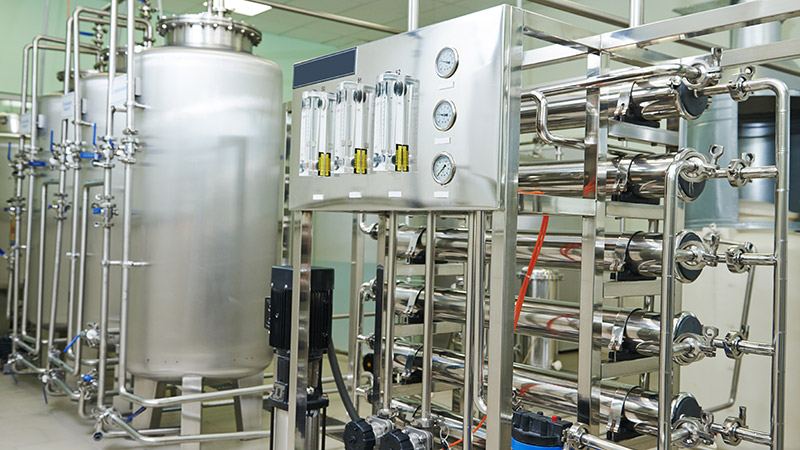The Diversity of Expertise within CEPWM is Paramount
Our extensive network of industry and university partners allows us to provide a unique and international approach to solving your most difficult challenges.
Desktop Analysis
Economic And Technical Modeling
Bench Scale Studies
Regulatory Assessment And Evaluation
Pilot And Demonstration Scale Evaluations
Validation Of Commercial Technologies
Partnering with the Organizations of today to Develop the Technologies of Tomorrow
CEPWM has Two Cutting-Edge Laboratories in which we perform our Research

Process Development And Evaluation Laboratory
Our 2,500-ft2 process development and evaluation laboratory is set-up for evaluating technologies from conception (bench-scale) to field evaluation (pilot-scale). Our capabilities also extend to material development, with an emphasis on membrane and nanomaterial synthesis and characterization. We are also set-up to do interfacial characterization (surface energy, particle aggregation and deposition), particle transport in porous media, and both bench- and pilot-scale evaluations of membrane filtration and desalination processes.

Water Quality Characterization And Analysis Laboratory
Our water quality laboratory is fully equipped for characterizing water samples, including high-salinity industrial brines. We are capable of measuring the presence and characterization of salts, minerals and metals using a variety of equipment as shown below.
Process Development And Evaluation Equipment
Rotary MF/UF Test Unit
Spintek rotary MF or UF pilot-scale test system is used to acquire performance data for challenging raw waters containing high suspended solids concentrations (mine tailing wastewater, drilling muds, etc.).
Dynamic Light Scattering
The Malvern ZetaSizer Nano ZS is used to characterize the size distribution of particulate suspensions. It may also be used to characterize the zeta potential of particulates as a function of solution chemistry.
Streaming Potential Analyzer
The streaming potential analyzer is used to measure the surface charge of thin-film, or membrane, samples as well as particulate materials (sand) as a function of solution pH and ionic strength.
Goniometer
The goniometer is used for characterizing the surface energy (hydrophilicity/hydrophobicity) of membranes and other solid surfaces. It is also capable of quantifying the surface tension of liquids.
Pilot-Scale Membrane Test Systems
Lab is equipped with a parallel train MF/UF and NF/RO pilot system for optimizing operating sequences and pretreatment processes. The system can accept truck deliveries of raw water or the raw water can me made in house using chemical dosing systems.
Nanoparticle Tracking Analysis
It is used to characterize the size distribution and particle concentration of colloidal and nanoparticulate suspensions. Unlike dynamic light scattering it is capable of characterizing polydisperse suspensions.
Bench-Scale Dead End And Cross-Flow Membrane Test Units
Acquire baseline performance and fouling data for membrane samples. Capable of testing ceramic and polymeric membranes in pressure-driven (MF, UF, NF and RO) and non-pressure-driven (FO, MD, PV) operating schemes.
Water Quality Characterization And Analysis Equipment

